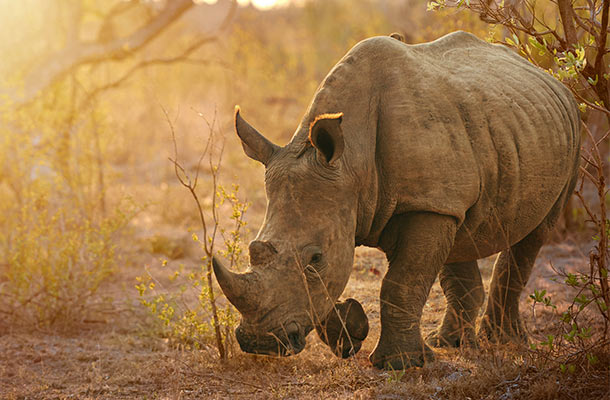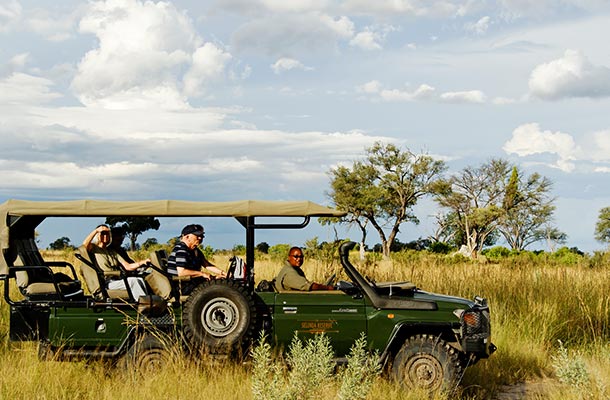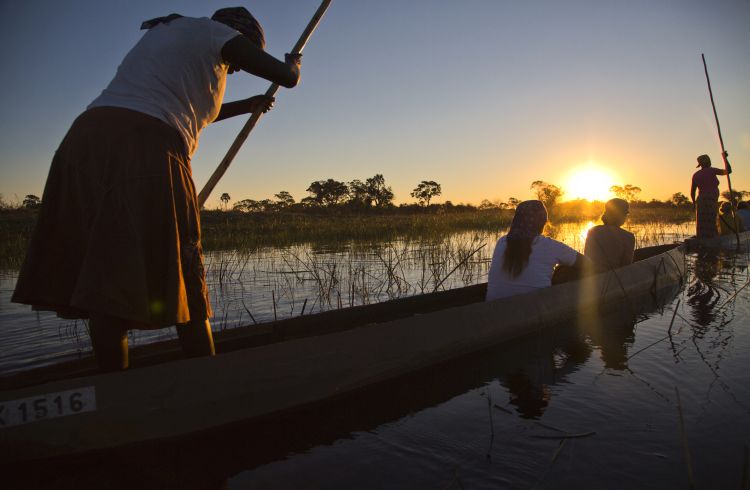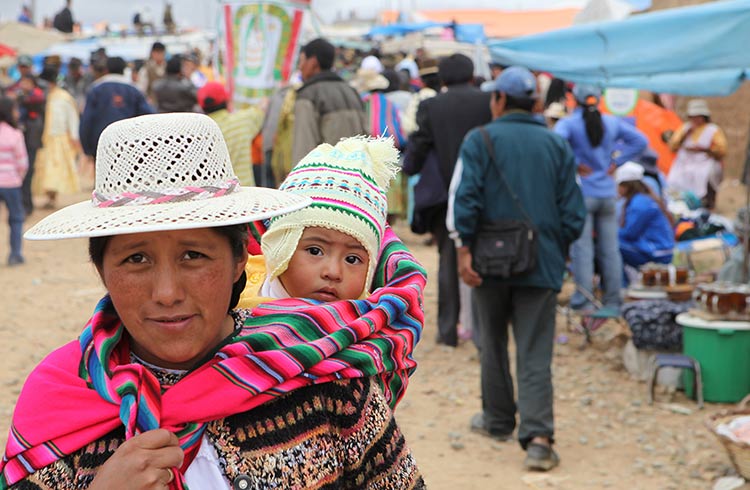Responsible Tourism: Wilderness Safaris in Botswana
Ted Martens shows us how one large safari company is positively changing the landscape across the entire region, through their model of “sustainable conservation through responsible tourism.”
 Photo © iStock/PeopleImages
Photo © iStock/PeopleImages
Botswana is home to some of the best safari camps (and wildlife viewing) on the planet. Famed for the Okavango Delta and the elephant-filled Chobe National Park, Botswana is a top destination on any safari-buff's bucket list. And no company knows more about running successful camps in Botswana than Wilderness Safaris. Since 1983, when the company started with just a couple of rangers and a single Land Cruiser, Wilderness has grown to operate 60+ camps across southern Africa, with over 25 in Botswana alone. The company's active role in politics, conservation, tourism, and community development has earned them the nickname, the Second Government of Botswana. The company's commitment to sustainability has earned them the reputation of a world leader in responsible tourism.
“Wildness Safaris is first and foremost a conservation organization. The reason we exist is to protect pristine wilderness areas and the biodiversity they support.” Not too many for-profit companies have conservation as their core mandate. Wilderness' sustainability focus goes well beyond the environment – their commitment to the people and communities in their areas of operation has brought about unparalleled opportunity, education, skills, and jobs, with the vision of making “a difference in all people's lives, by enabling them to find new paths, and leaving a legacy of conservation for our children.”
Okay, so we've established that the company is committed in their mission and vision. But what are they actually doing on the ground in Botswana? Too much to tell in this single post. I'm going to completely ignore the operational sustainability aspect of their lodge and camp operation (responsible management of waste, energy, water, etc). Here, we'll focus on the conservation and community initiatives of the company's non-profit arm, the Wildlife Trust.
Wilderness Safaris Wildlife Trust currently supports 43 projects across six Southern African countries. The projects fall into one of three project areas: Research and conservation, community empowerment and education, and anti-poaching and management. A few project examples:
- Botswana Rhino Relocation and Reintroduction Project
- Children in the Wilderness
- Victoria Falls Anti-Poaching Unit
Botswana Rhino Relocation and Reintroduction Project
Due to poaching, rhinos were all but extinct in Botswana until the Trust, in conjunction with Botswana's Wildlife and National Parks Department, began an anti-poaching and relocation project to bring rhino numbers back up in the region. In addition to relocating animals, researchers closely monitor the rhinos, their adaptation to the new environments, and their breeding patterns. Similar reintroduction projects are also being carried out by the Trust in Zimbabwe and Malawi.
Children in the Wilderness
Wilderness Safaris' flagship community education program brings groups of rural kids from surrounding villages to Wilderness camps (which have been closed to the public) for a 5-night stay, where they participate in a life skills and environmental education program. Topics include wildlife, conservation, health, HIV/AIDS awareness, nutrition, life skills, geology, and arts and crafts. Through leadership development, Children in the Wilderness aims to facilitate sustainable conservation throughout the local communities. Over 3,000 children have participated to date.
Victoria Falls Anti-Poaching Unit
This team of individuals have been fighting poachers in the Vic Falls region since 1999. Still a rampant problem in the area, the crew fights back though removal of animal snares (devices used to catch animals), treatment of animals injured by snares, and through direct arrest of poachers (436 were apprehended in 2009 alone) within the region.
And there are some 40 other projects funded, monitored, or executed by the Wildlife Trust. The scope of positive impact is astounding, and these efforts are funded almost entirely by Wilderness Safaris and their guests.
With over 2,500 employees, over 2.8 million hectares of wilderness under their watch, over 40 Trust projects operating simultaneously, all while running over 60 safari camps and a bush airline, Wilderness Safaris' infrastructure may just rival that of a small country. It's a good thing that these people are putting conservation at the heart of their economy.
Related articles
Simple and flexible travel insurance
You can buy at home or while traveling, and claim online from anywhere in the world. With 150+ adventure activities covered and 24/7 emergency assistance.
Get a quote


No Comments